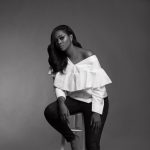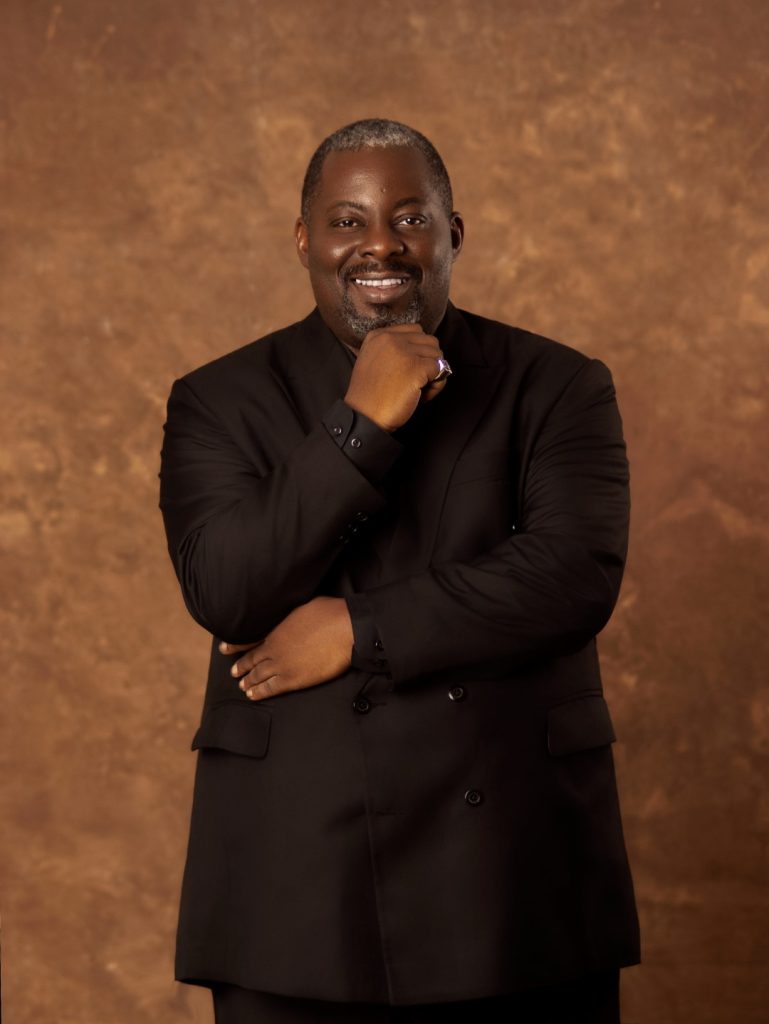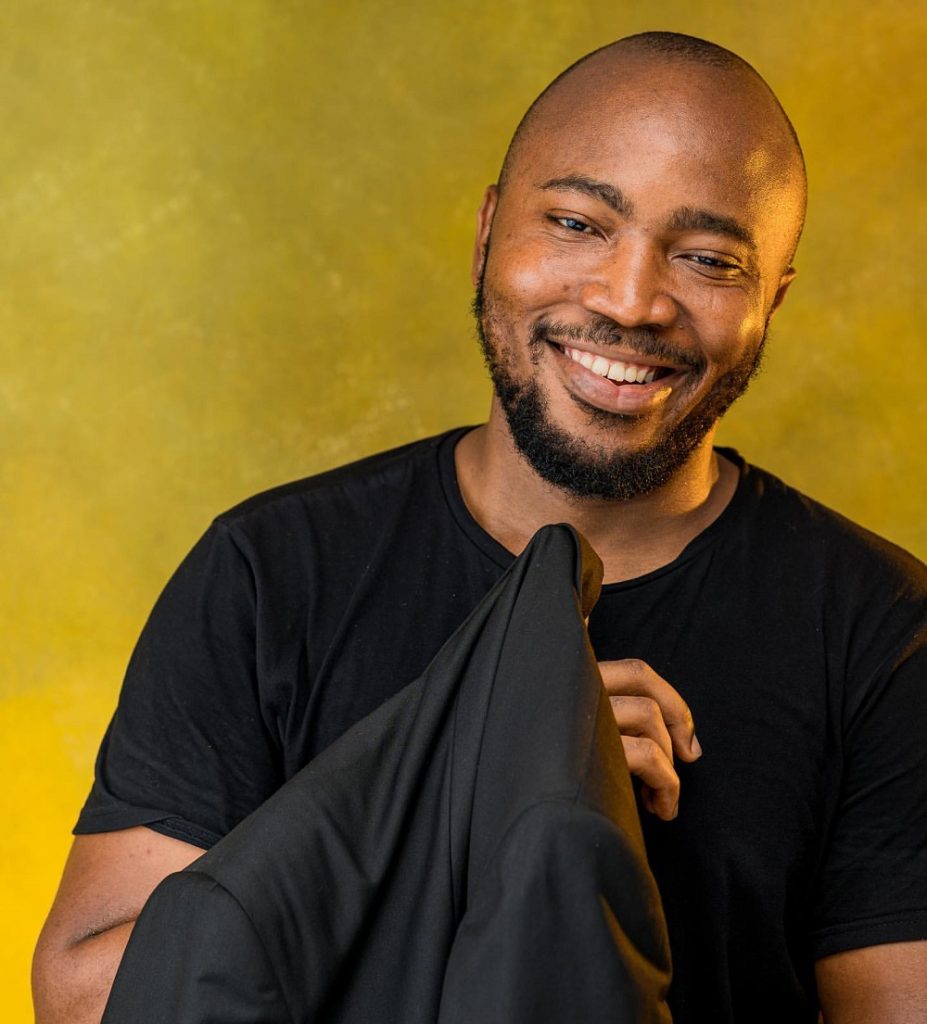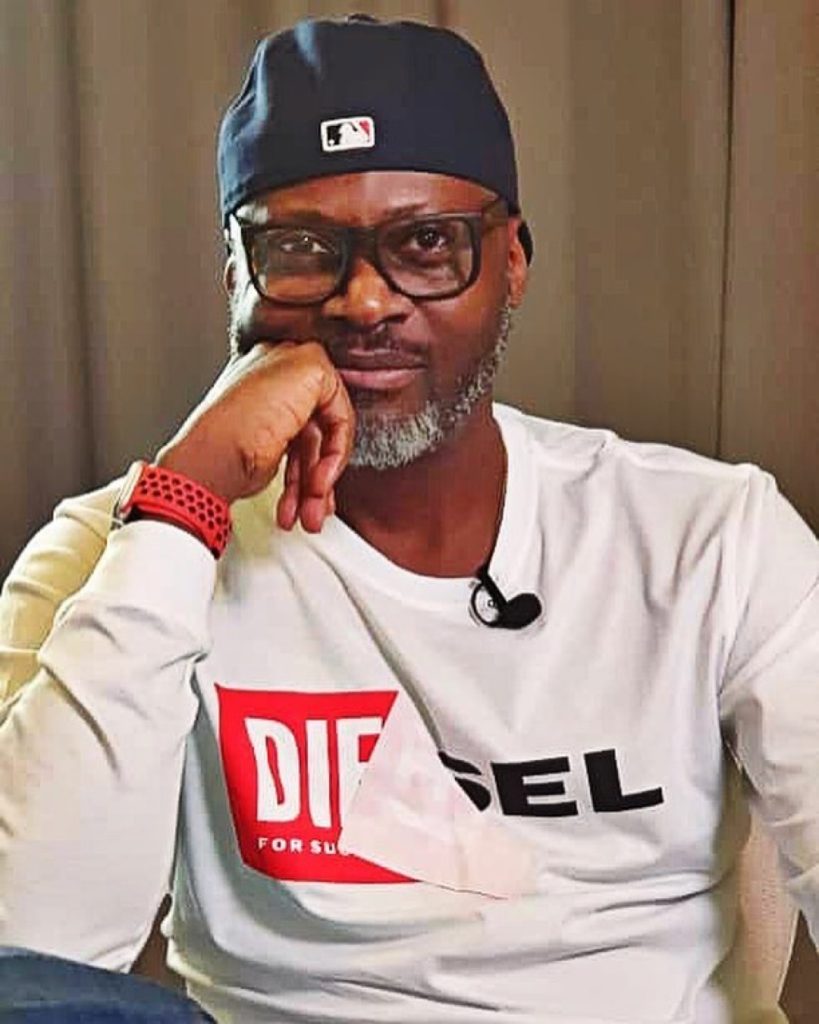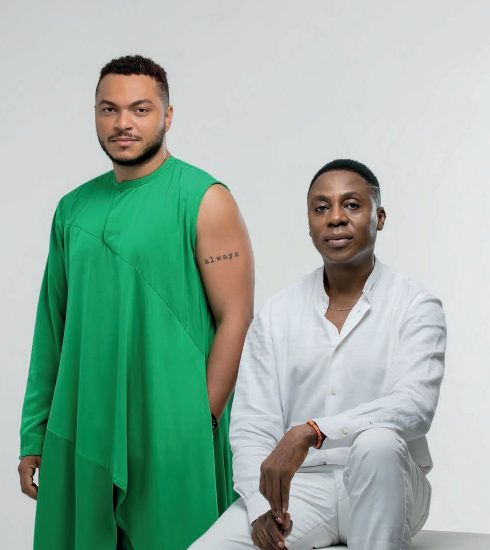Afrobeat‘s’ to The World: Nigeria’s Biggest Export Comes of Age
Wizkid, Davido and Burna Boy are three of the biggest names in entertainment, not only in Nigeria but also across the globe. When conversations on African music are had, it is almost impossible that these names don’t take centre stage. Lately, of all the genres in the world, Afrobeats, since its emergence, has become one of the most popular. A force to reckon with. But the journey has been a long one, something like a rollercoaster. To trace our steps back to the very beginning is to discuss the origin of music here in Nigeria. Before the acceptance of the “three musketeers,” Wizkid, Davido and Burna Boy in Europe and America, a young man, Fela Kuti, (and his longtime partner, drummer, Tony Allen who is famous for creating the double beat you hear in Fela’s records), was responsible for creating and exporting the sound as far back as the 1970s—albeit a fusion of several western sounds—both within and outside Nigeria. He named it Afrobeat; without an “s.”
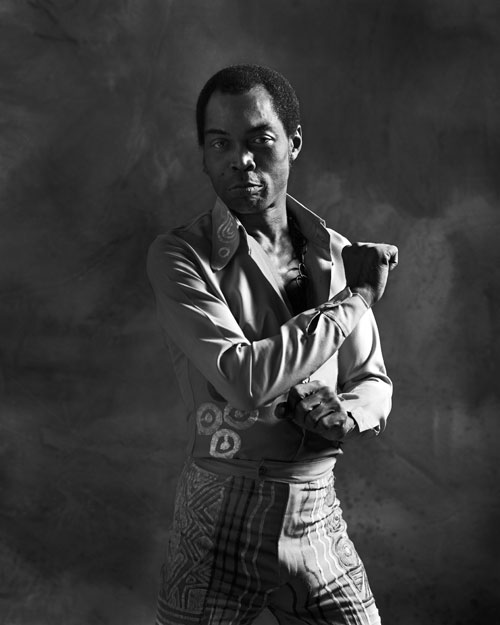
Photo By Bernard Matussiere
History of Nigerian Sounds And The Birth of Afrobeat
Before the formation of Afrobeat, Nigerian sounds (and West African by extension) consisted of genres such as Apala, Fuji, Jùjú, and Highlife (which originated in Ghana). For a culturally rich country, it isn’t surprising that her gifted people made musical compositions that sounded sonically appealing from scratch. That is not to undermine the influence of colonisation in fine-tuning the sound. Brass instruments and woodwinds were early imports that played a vital role in developing Nigerian music, while the later importation of electric guitars spurred the popularisation of jùjú music.
Fast-forward to the late 1950s, when Kuti left Lagos to study abroad at the London School of Music, where he was exposed to jazz. He returned to Lagos and played a highlife jazz hybrid without commercial success. The turning point in his sound would arrive when he, together with his band, went on a trip to the United States and came to the realisation that he wasn’t playing African music. On his return to Nigeria in the early ’70s, his sound changed to what is known today as Afrobeat. Afrobeat combines West African musical styles (such as traditional Yoruba music and highlife) and American funk, jazz, and soul influences, focusing on chanted vocals, complex intersecting rhythms, and percussion. The name was partially borne out of an attempt to distinguish Fela Kuti’s music from the soul music of American artists such as James Brown. The genre instantly became Africa’s biggest export and has since influenced generations of artists all over the world. This, however, didn’t stop the importation of several western pop culture elements that threatened the growth and distribution of local content.
Pop Culture Importation in The Late ’90s And The Eventual Shift Towards Local Content in The Early 2000s
Between the late 90s and the early 2000s, indigenous content took a major backseat to foreign content. American genres such as Hip-hop, Pop and R&B dominated the airwaves, so to be cool meant being conversant with American music. But a shift began to happen in the early 2000s. Widely regarded as the pioneers of the new-age Afrobeats sound, groups such as Trybesmen, Plantashun Boiz, and The Remedies began to fuse modern western influences from hip-hop and R&B with local melodies. While this allowed them to build local audiences and create something relatable and authentic, it blocked them from a wider platform due to the language barriers in-place. On the other end of the map, another movement was brewing. A strong appeal for original Nigerian sound was registered as Abdulrasheed ‘JJC Skillz’ Bello, a Nigerian-British who was a big act in the UK, switched directions from making traditional western songs to fusing more local Nigerian dialect in his music. This was the beginning of a back-and-forth relationship between musicians back home in Nigeria and the diaspora, which ended up in the eventual relocation (back home) of two of the biggest contributors to the genre—D’banj and Don Jazzy.
Its Christening; Afrobeats with the ‘s’
As the sound got bigger and spread across Europe, catering to Africans in the diaspora—Ghanaians were also heavily involved—there was an apparent need to classify it as a genre.
According to The Guardian, London-based DJ Abrantee was credited for coining the name “Afrobeats” to package and present the sound to a British audience. Of the name, DJ Abrantee stated, “I cannot say I invented Afrobeats. Afrobeats was invented before I was born. It was invented by Fela Kuti. But what you’ve got to remember is the genre of music artists themselves are now producing — the likes of WizKid, Ice Prince, P-Square, Castro, and May7ven are calling their music Afrobeats. So that’s what I call it when I put them on my mix tapes.”
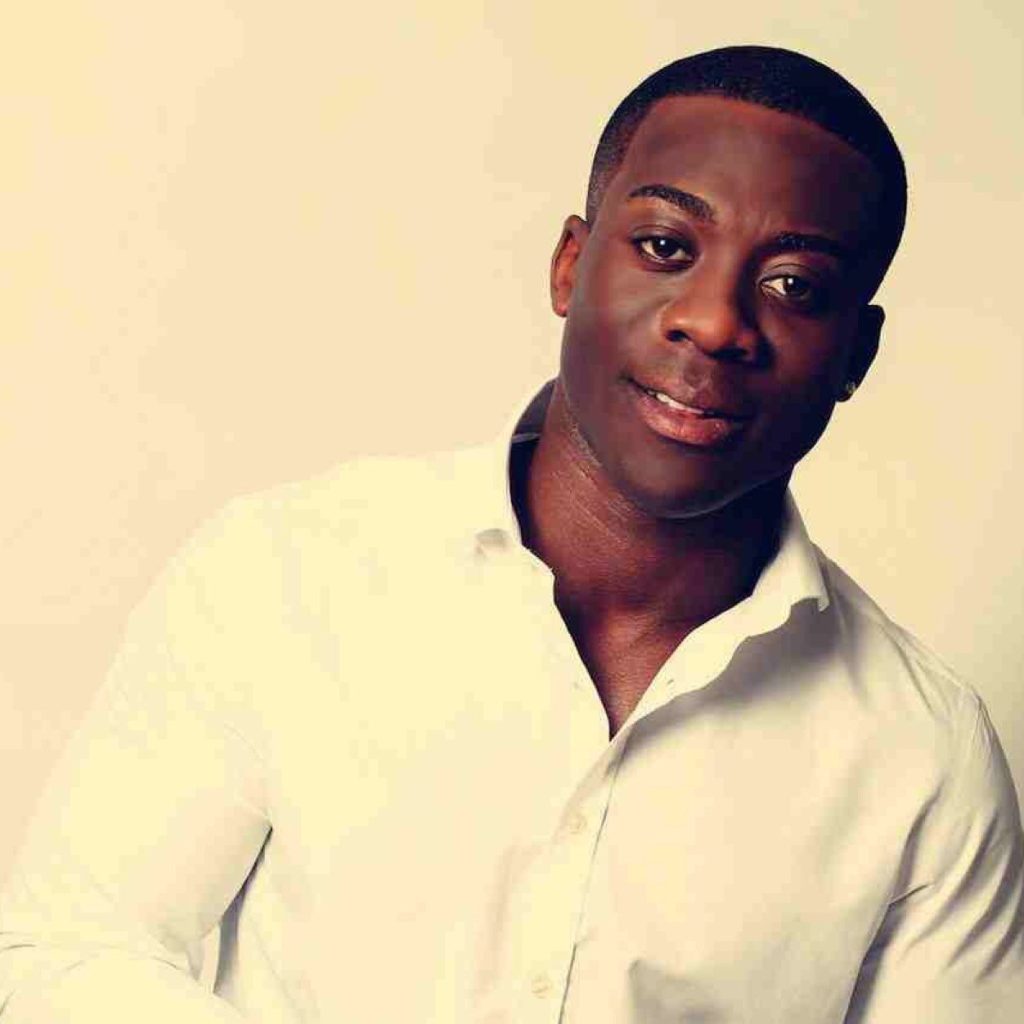
DJ Abrantee
By Wikipedia definition, Afrobeats is an umbrella term to describe popular music from West Africa and the diaspora that initially developed in Nigeria, Ghana, and the UK in the 2000s and 2010s. Afrobeats, unlike Fela’s Afrobeat, is less of a style per se, and more of a descriptor for the fusion of sounds flowing out of Ghana and Nigeria. Genres such as hiplife, jùjú music, highlife and Naija beats, among others, were amalgamated under the ‘Afrobeats’ umbrella. It is more of an overarching term for the contemporary sound of African pop music and that of those influenced by it. Its christening has created a lot of divide between artists and music lovers alike over the years.
A notable disdain for this choice of name was from Yeni Kuti, daughter of Fela Kuti, who expressed distaste for the name ‘Afrobeats’ and instead preferred if people referred to it as “Nigerian Pop,” “Naija Afropop,” or “Nigerian Afropop.” More recently, several artists have defined their sounds differently. Rema coined the term “Afrorave,” which is a subgenre of Afrobeats with influences of Arabian and Indian music—which was fascinating enough to end up in former US President Barack Obama’s yearly summer playlist. Mr Eazi refers to his music as ‘Banku Music’ to denote Ghana’s influence on his music (Banku is a Ghanaian dish). CKay personally dubbed his sound, ‘Emo Afrobeats,’ noting his music’s additional focus on emotional and romantic-focused lyricism. Self-acclaimed African Giant, Burna Boy explains his sound in an interview with Trevor Noah of The Daily Show extensively, with a pizza analogy. When asked what he meant by afro-fusion, the Grammy award winner responded, “so basically it’s like a pizza. What’s the main thing that every pizza needs? The flour, which constitutes the base. Afrobeat is the base. And then now, you can have any pizza you want, but you have the Afrobeat base. So there is the Hip-hop pepperoni, dancehall ham, and all types of flavours. I just kind of make a nice pizza.” But it doesn’t matter what it is called. Today, thanks to the advent of social media and digital streaming platforms, Afrobeats has witnessed a steady integration into the global pop culture.
The Digitalisation: Social Media and Digital Streaming Platforms Propagating The Gospel of Afrobeats
The unorganised spread of Afrobeats in Nigeria slowed the genre’s expansion on a global scale. Accepted, the gospel’s preachers were recognised by name, and most people danced to their music. When P-Square or 2Face would play at parties, Nigerians would sing along word for word, but this only occurred within the borders of West Africa. Where it needed to be and where it was were miles apart.
At the time, blogs only cared about their profits and weren’t particularly interested in the genre, which ultimately whittled down revenue that was supposed to come from album sales. Physical copies that housed what was brewing on our side of the globe stayed within the confines of West Africa because they lacked outside interest. Broadcasting stations existed outside the continent that sought to further pollinate, but progress dragged its feet.
But the delay doesn’t always mean denial, and digitalisation came along and changed everything. It all began with the creation of digital streaming platforms. This swung the once slightly ajar doors to the global market and audience wide open. Streaming platforms like Apple Music and Spotify allowed for the cataloguing of various sounds from around the world, including, of course, Afrobeats. The music industry has been shaken up by music streaming, drastically changing how consumers listen to and buy music. Users of music streaming services can obtain music at a far lower cost than was previously feasible by paying a monthly subscription fee in exchange for access to millions of tracks from millions of artists across the globe.
Artists didn’t need to burn tracks into compact discs anymore. All they needed was to create a profile and upload them. This way, they could earn royalties directly through streams, reduce illegal downloads of the net, bypass piracy and monitor their growth.
The growth of social media over the last decade has also largely benefited the global exportation of Afrobeats. Platforms like Instagram and TikTok have been major vehicles for shipping our sound to the global audience. Asides from being a medium for stans (devoted fans) to chatter about their favourite acts, further propagating the Afrobeats gospel to their counterparts in other continents, some platforms, majorly TikTok, have stripped away the veil of what has been and given it a fresh perspective. The genre has now become a movement that no one can afford to not be a part of. The lovelorn song, Love Nwantiti, by Nigerian-born musician CKay, reached the Top 40 in the United States last fall after being one of the most frequently searched songs on Shazam—an application that can identify music, movies, advertising, and television shows, based on a short sample played and using the microphone on the device—and dominating TikTok for months. This is a recurrent trend for several other Nigerian music acts. Afrobeats has become one of the most sought-after commodities out of Africa.
One of the biggest effects of digital streaming platforms on the genre can be traced back to June 2018, when prominent American rapper Kanye West released his album titled Ye. Fans of Kanye West that searched for his album also came across Burna Boy’s song called Ye (released in January of the same year). This led to a 200% spike in streams for Burna Boy, gaining over 11.2 million streams in the United States. That marked the beginning of the mass exportation of his music, essentially giving him the global appeal that he now has today.
Collaborations And a Symbiotic Culture Sync Aiding The Genre’s Integration Into the Global Pop Culture
Collaborations between Afrobeats artists and their foreign counterparts weren’t something that happened right off the bat. Although the interaction has been documented as parasitic, with every indication pointing towards the fact that Afrobeats took a lot of its elements and influence from Western genres, the relationship is, in fact, symbiotic.
In a recently released Netflix original docuseries, Afrobeats: The Backstory, by Ayo Shonaiya—one of the pioneer stakeholders in the Nigerian music industry, the five-beat pattern (also loosely referred to as Ghana Bounce) was explored. This beat sequence was used by veteran American rapper Nas on his 1999 hit song Hate Me Now, produced by Grammy-nominated producer D-Moet. And its history can be traced back to African culture; it was a form of communication in Ghanaian villages known as Kpanlogo. That same beat pattern was used by ace producer and artist, Paul Play (Paul I.K Dairo) to produce one of the biggest Afrobeats songs of the early 2000s, Wetin Dey by hardcore rap duo, ‘Ruff, Rugged and Raw.’ When asked about the beat creation and the stunning semblance it shares with the D-Moet-produced Nas track, Paul Play said, “Wetin Dey was a way to create the bridge between African music and American music. I see some of the influences on most of these tracks that are being done by Americans, but I’m not sure that they are very bold enough to tell us that, you know, it came from us. I was watching Nas’s music video for Hate Me Now, and I was like, ‘okay, so these people are taking something from us.’”
- Paul Play Dairo
- Obi Asika
- Joey Akan
- Ayo Shonaiya
According to Ayo Shonaiya, that beat is the backbone of Afrobeats. That was the first of many interactions between the genre and the rest of the world. In June 2011, when D’banj got signed on Kanye West’s record label G.O.O.D Music, Nigerians celebrated it as a win for the industry. Around the same time, other Afrobeats leading acts such as 2Baba and P-Square also teamed up with American big names such as R. Kelly, Rick Ross, T.I and so on, providing the blueprint for a transcontinental collaboration that works. Even though it felt like a privileged thing to happen. Today, Afrobeats artists are sought after by the biggest names in world music who are looking to expand their market base and take advantage of Africa’s teeming population. A prime example is global superstar, Beyoncé, who released The Lion King: The Gift album to promote the release of the Lion King film by Disney, on July 19, 2019. The album featured artists such as Burna Boy, Mr Eazi, Wizkid, P2J, Yemi Alade, Maleek Berry, Tiwa Savage, and Ghana’s Shatta Wale. Since the 2010s, we have also seen Canadian popstar, Drake, and American R&B artist, Chris Brown, forging recurring partnerships with the biggest names in Afrobeats.
This year has seen the relationship experience unprecedented growth. Recently, Afrobeats artist and two-time BET Award winner, Tems, became the first Nigerian artist in history to debut at No.1 on the Billboard Hot 100. The fast-rising singer gained the milestone after featuring on American Hip-hop artist, Future’s hit song Wait For U.
Sampling Tems’s vocals and featuring Drake on the song was all Future needed to achieve a global hit song and get his second entry on the top spot of the Billboard Hot 100 chart. Music Journalist and host of the Afrobeats Intelligence podcast, Joey Akan, in a tweet one Tems’s success said, “The fact that her record was sampled to get here continues to prove that our only problem in the past was access and distribution. We have world-beating music right here!” According to Statista, revenue from music streaming in Africa is expected to reach $493 million by 2025. International artists will want to benefit financially from the Afrobeats zeitgeist, so they feature African artists to boost digital sales. This explains why international record labels and distribution entities such as Universal, Sony and Warner Music have invested heavily into Afrobeats artists since the late 2010s.
Still a Few Challenges: An Imperfect Legal Framework And a Lazy Performance Culture
Despite its coming of age, a few challenges still plague the mainstream music industry, Afrobeats. Many young Nigerians desire extravagant jewelry, fast cars, private jets, accessories, and social acclaim that characterise the lifestyle of a celebrity. And as a result, they choose music as a viable career path, whether they possess the necessary skills or not; it doesn’t seem to matter to them. They often overlook the fact that being a recording artist, regardless of the genre, requires much more than just skill, and there are obstacles in your path designed to trip you up and prevent you from rising again. It’s neither a get-rich-quick plan nor a program to combat poverty for those who believe pursuing a career in law or medicine is more challenging. It’s a brutal field that can swiftly swallow you whole and spit you out in the same breath.
Given how many eager and hopeful young artists have repeatedly signed contract terms that set their careers back before they even began, the music industry is a dog-eat-dog one deeply rooted in extreme capitalism, and not many of them ever fully recover from it. Runtown and label Eric Manny Entertainment, Brymo and Chocolate City, Vector and YSG, Asa and Question Mark Records are some examples of notable artists who fall under this category. Today, this problem has been mitigated thanks to the increasing public education and sensitisation and the rise of entertainment lawyers.
As for the ones who evade the hullabaloo of contract breaches and become famous, they become lazy and nonchalant toward certain aspects of their craft- most significantly in concert performances. Although some of the show producers have to play their part in making sure that sound quality is world-class, many Afrobeats artists have built a lazy performance culture of lip-syncing through their sets. Recently, a fan took to social media to criticise Afrobeats artists, Omah Lay and Rema for lip-syncing instead of delivering a live performance at the Afrofest concert in Portugal. She also went on to address other artists to endeavour to care about those who pay to show up to their concerts and truly put on a worthy performance. And although Omah Lay apologised via Twitter, claiming it was a technical issue, it’s a recurring blemish that has stained the genre since its inception. Another challenge that has plagued Afrobeats thus far is punctuality or lack thereof. During the last end-of-the-year festive period colloquially referred to as detty December, several fans bemoaned their favourite artists’ trademark lack of punctuality that made onlookers wait for hours before they came on stage to perform.
What Does The Future Hold For The Nigerian Music Industry And Afrobeats?
One-time DOWNTOWN cover star Obi Asika had this to say about the progress the industry has made. “I wouldn’t say we’ve arrived yet; I’d say we’re on the upward curve, but we’ve gone further than we’ve ever gone before. So I don’t want anyone getting complacent that we’ve arrived. When we’ve arrived is when we have 50 global artists that can tour 100 dates a year worldwide. Right now we have just two or three who are getting to that stage. This generation has taken it further than any before them, and that has to be celebrated.”
You can’t help but concur with him on this. It’s nearly impossible not to be optimistic about the future of Afrobeats. This multimillion-dollar sector has made great advances over the past decade to ensure that we, as Africans first and Nigerians second, compete at the big boys’ table with the biggest names in international entertainment.
***Kehinde Fagbule & Tilewa Kazeem
Self-identifies as a middle child between millennials and the gen Z, began writing as a 14 year-old. Born and raised in Lagos where he would go on to obtain a degree in the University of Lagos, he mainly draws inspiration from societal issues and the ills within. His "live and let live" mantra shapes his thought process as he writes about lifestyle from a place of empathy and emotional intelligence. When he is not writing, he is very invested in football and sociopolitical commentary on social media.



